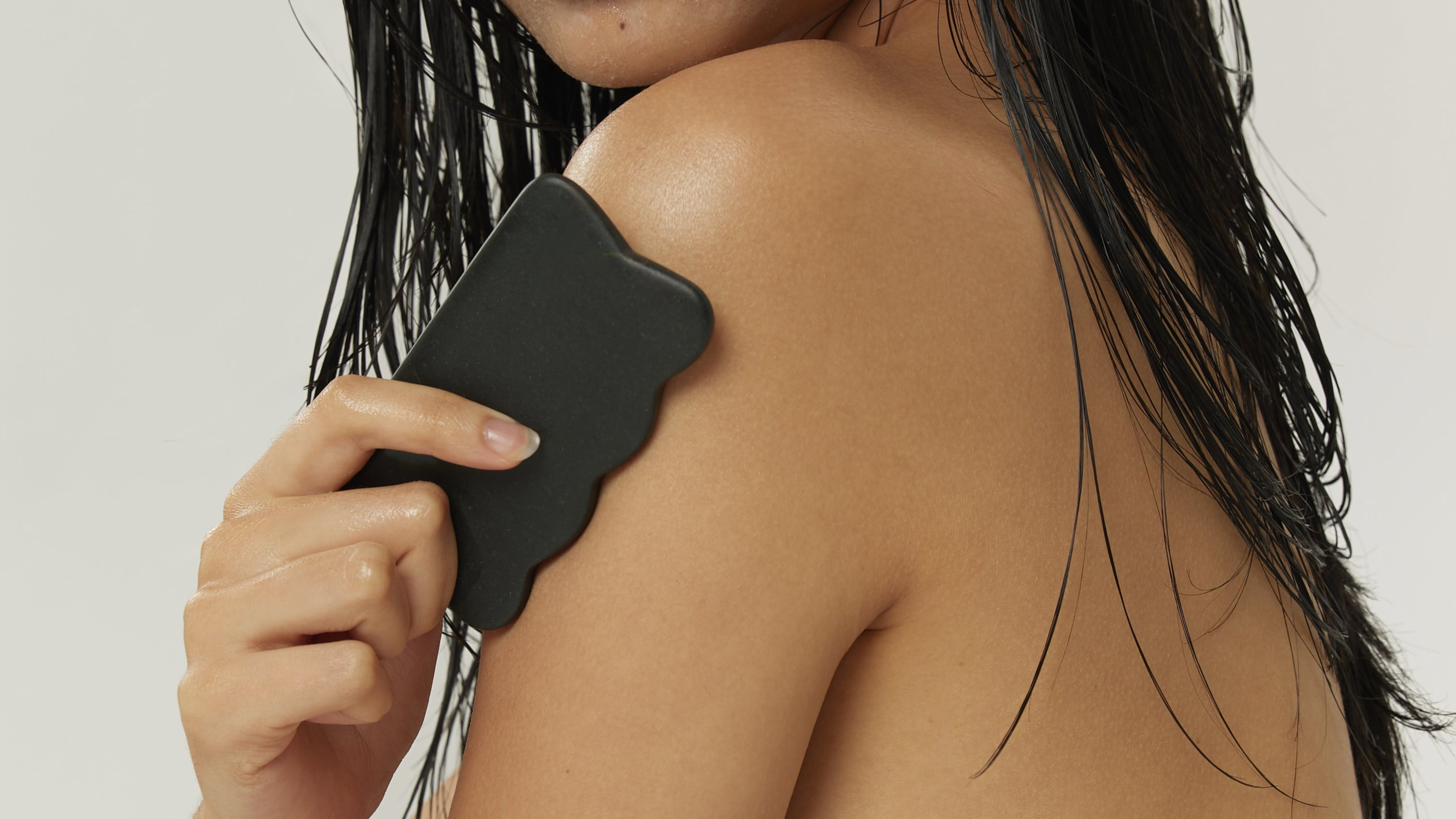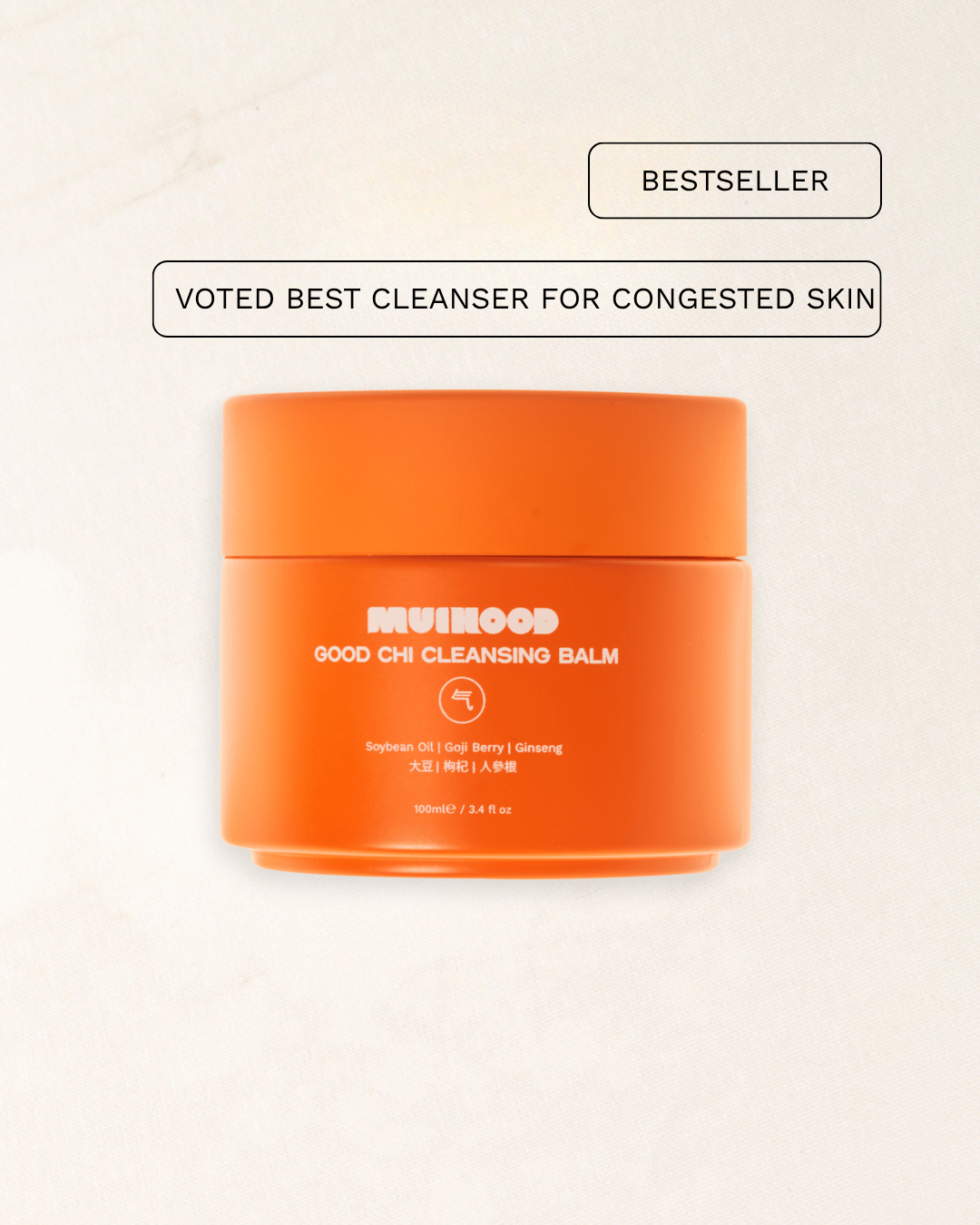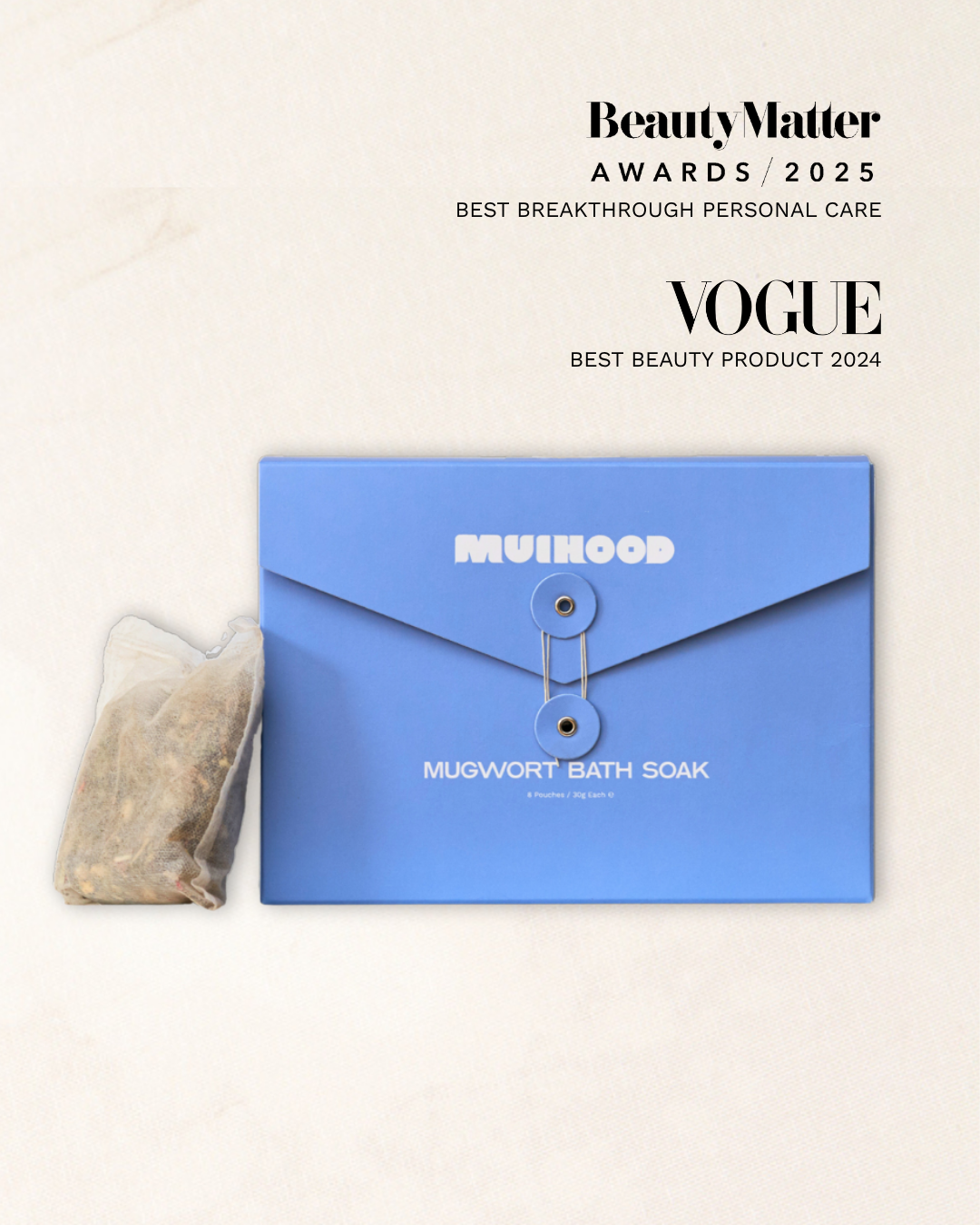Is your skincare routine rooted in wisdom or just trends?
In the age of aesthetic hacks, Traditional Chinese Medicine (TCM) techniques like gua sha and facial cupping are making viral comebacks. But what happens when these ancient practices are stripped of their cultural meaning?

You’re Not Draining Your Lymph, You’re Draining the Culture
Scrolling Instagram, you’ve probably seen influencers using small suction cups claiming lymphatic drainage benefits. But did you know these are actually rooted in Traditional Chinese Medicine facial cupping?
✔️ Do gua sha really work?
✔️ Does gua sha actually work for skin health?
Yes – but their power goes beyond beauty. Facial cupping and gua sha are techniques passed down for generations to stimulate Qi flow, relieve tension, and support holistic health.
What is Facial Mapping and Why Does It Matter?
Many of these treatments connect to Chinese face mapping, an ancient diagnostic method linking areas of the face to internal organ health. Similar to the Chinese body clock (TCM clock), face mapping reflects imbalances in digestion, sleep, hormones, and emotional stress.
For example:
-
Forehead breakouts may indicate digestion issues or stress
-
Chin acne often links to hormonal fluctuations
Instead of just asking “Is Vaseline good for your face?” or “Does hyaluronic acid help acne?”, TCM encourages looking at underlying patterns.
Why Does Cultural Context Matter?
When wellness influencers rebrand TCM rituals as mere aesthetic hacks, it erases deep cultural lineage.
🗣 The reality:
Facial cupping isn’t a “lymphatic suction cup.”
Gua sha isn’t just for sculpting jawlines.
They’re rituals designed to treat and bring balance in your body, not just your selfies.
What Happens When We Silence Cultural Education?
Dismissive comments like “just colour with your markers” or “not everyone knows the background” shut down important conversations. This is called tone policing, prioritising comfort over accountability. It reinforces cultural appropriation – using natural remedies for psoriasis, acne spa treatments, or bentonite clay masks without acknowledging their origins.
True wellness honours where it came from, not just how it looks.
Final Thoughts
Wellness can be inclusive and respectful only when there’s space to talk about lineage, history, and context. Dismissing these conversations stagnates learning and prevents meaningful engagement with these practices.
✅ Honour the roots.
✅ Seek education, not shortcuts.
✅ Let your rituals be as powerful in meaning as they are in results.













